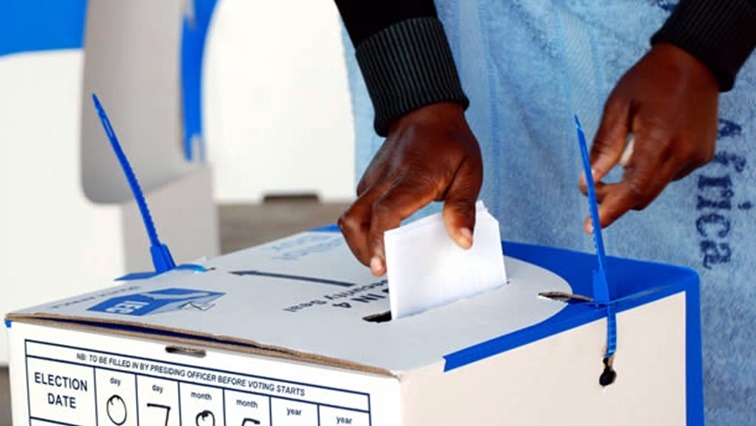The country goes to vote in national and provincial elections next week. This will be the most contested poll since 1994, with independents also participating.
Some polls have suggested that the African National Congress (ANC) could drop to below 51%, losing its majority.
But what happens if no party secures a majority?
The Constitution states that the National Assembly must convene within 14 days of the announcement of the election results.
If the 29 May vote fails to produce an outright winner, the ideal is that parties would have met with their coalition partners and decided on positions before this meeting.
Constitutional law expert Advocate Lufuno Nevondwe says, “For them to negotiate, try to convince each other so that we can have a coalition govern where the coalition will also have a majority so they can elect a new Speaker, a new DS and also a new President.”
According to Professor Gregory Davis from UWC School of Government, the coalition governments may be unstable at the beginning.
“If self-interest is going to prevail within any coalition, then the coalition will start on a rocky ground and it’s not going to last then we’ll have a huge political turmoil at the national level and it’s not good for SA.”.
It is for this reason that some believe coalition governments should be regulated.
“This democracy is maturing every day and now we must govern, we must be ready for coalitions because it’s something that will happen, I mean you cannot always have outright winners in every election,” Nevondwe adds.
Regulation on coalition
In the absence of regulation on coalition governments, the Constitution states that if the result of a National Assembly is not declared within the established period, or if the result of the election is set aside by a court, the President must by proclamation set a date for another election, which must be held within 90 days of the date on which the election was set aside.
“As we know the executive arm of the state is responsible for the admin of the country so the country remains under the leadership of the president and his cabinet because their term will only come to an end when the new president is sworn in,” explains Parliament Spokesperson Moloto Mothapo.
The experts agree that South Africa’s public administration arm is up to the task and able to keep the country running until coalition partners find each other.
“Over the 30 years, the public service delivery has shown that they are able to deliver services. Yes, there are some areas of weakness for which there’s a huge amount of focus but in my view irrespective of political alignment the public service delivery until the next uh until the president has been sworn in and the executive has been chosen the public service delivery will deliver on services. our airports will operate,” Davis adds.
Based on the constitutional provision that the current president and his executive remain in charge until the new cabinet is sworn in, there will be no power vacuum in the event that coalition partners take a while to find each other.

